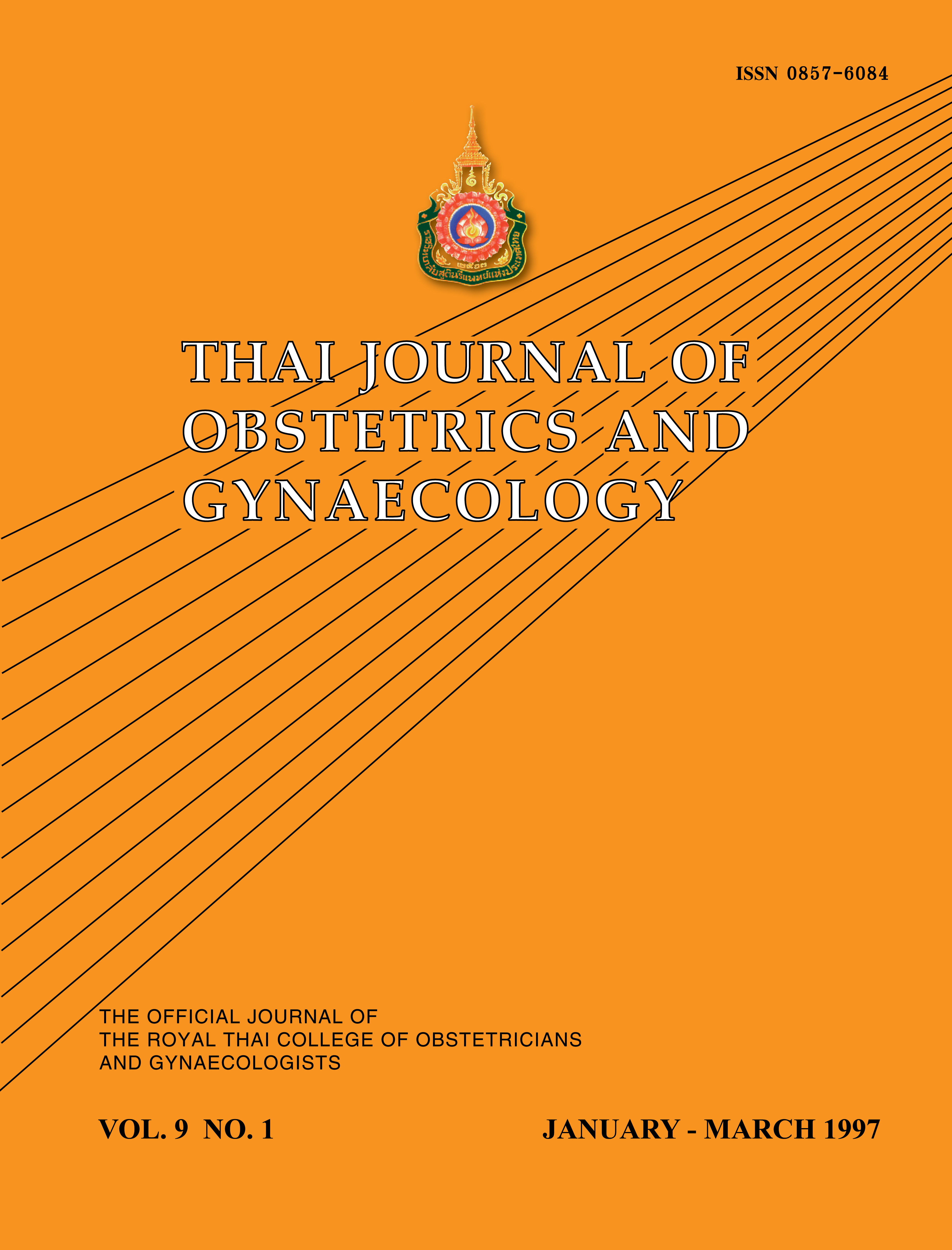Recurrent Spontaneous Abortion
Main Article Content
Abstract
Recurrent spontaneous abortion (RSA) is a common clinical problem affecting approximately 1 in 300 women.(1) RSA is generally defined as three or more clinically detectable pregnancy losses before the 20th week of pregnancy. However, many physicians initiate an evaluation after two consecutive fetal losses, especially when the patient has not had a previous full-term pregnancy or is older than 35 years of age. Older terminology such as habitual abortion and repetitive miscarriage should be abandoned as these terms carry a negative connotation to the patient. Although an aetiology for recurrent fetal loss can be ascertained for approximately 40-60% of the couples evaluated, (2) the outcome after appropriate therapy is often successful. An important part of the clinical management of couples with recurrent pregnancy loss, apart from extensive investigation and treatment, is patient education and counseling, especially regarding the risk of subsequent losses. Older estimates of the risk of future losses based on the number of previous losses were calculated on incorrect assumptions and greatly exaggerated the risks.
Article Details

This work is licensed under a Creative Commons Attribution-NonCommercial-NoDerivatives 4.0 International License.


